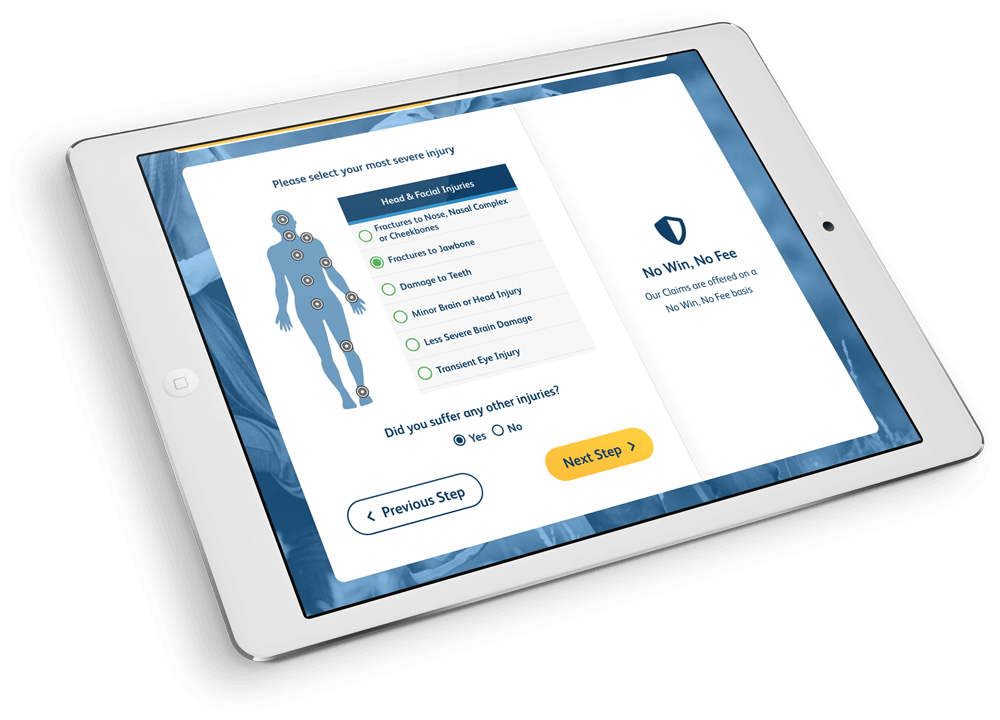University of Northumbria Fined £400,000 by HSE
A university in Newcastle has been fined after students suffered life threatening symptoms when a sports experiment went wrong.
Incident at University of Northumbria
Newcastle Crown Court heard how sports students at the University of Northumbria were learning about the effects caffeine has on the human body. Part of the study involved a practical experiment in which volunteer students would consume various amounts of caffeine to show its effects.
The court heard how two of the volunteer students were given a solution containing 100 times the amount of caffeine that was supposed to be consumed as part of the experiment. Immediately both individuals began to suffer from blurred vision, vomiting and dizziness. The students also experienced rapid heartbeat and shaking. They were taken to hospital where they required dialysis to rid their bodies of the excess caffeine.
Health & Safety Executive Investigation
The Health and Safety Executive (HSE) launched an investigation into the incident, which found that the protocols set out for the experiment were not followed. The students carrying out the experiment were supposed to use 200mg tablets of caffeine. However, the tablets were not available at the time and instead the students were provided with caffeine powder. The investigation found that the students had mis-calculated the amount of caffeine powder to use and as a result, overdosed two of the volunteers.
Sentencing & Fines
After pleading guilty to breaching Section 3 (1) of the Health and Safety at Work etc. Act 1974, University of Northumbria was fined £400,000. The university was also ordered to pay costs of £26,468.22.
Cain Mitchell, HSE inspector, said:
“Procedures where students are given supplements to assess their effect on the body need to be stringent and subject to very careful control. Caffeine is most popularly known as a constituent of coffee but it can be very dangerous and life threatening where pure caffeine powder is consumed.
“The University [of Northumbria] completely failed to control the risks during these experiments and two young students were made seriously ill which resulted in intensive care treatment for a number of nights. In other reported cases people have died after taking doses which were less than those administered to these two students.
“All organisations who engage in experiments where people are given chemical substances should ensure that the risks are fully identified and strict procedures are devised and followed to ensure that the experiments can be undertaken safely.”
Personal Injury Claims – Expert Advice
We are the personal injury experts. If you think you may be eligible to claim compensation following an accident that wasn’t your fault, get in touch today. Call us on 0800 888 6 888 or send an email to for your FREE initial consultation.
Source: Health & Safety Executive





